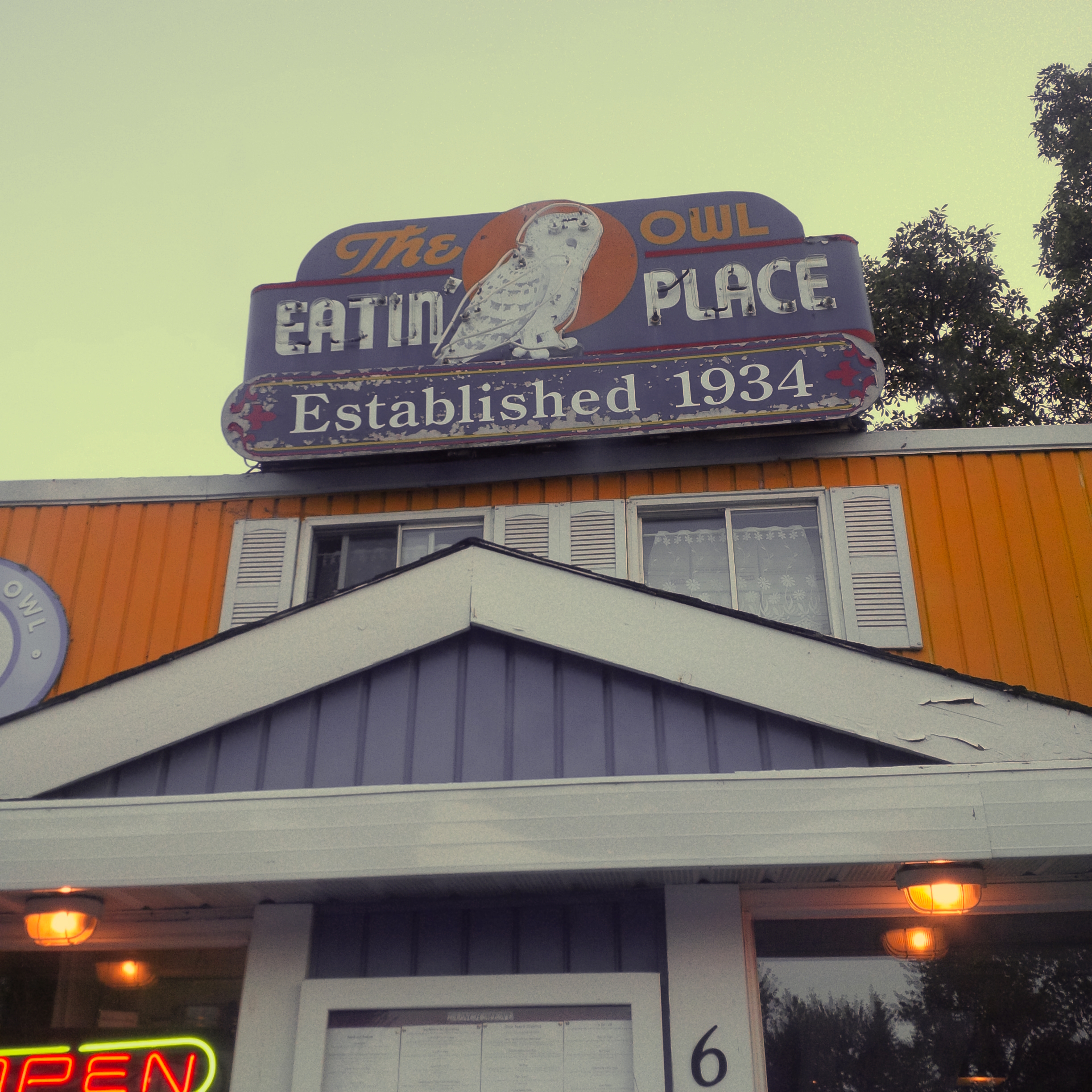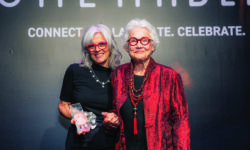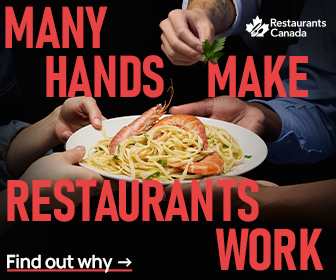Canadian Culinary Tourism
When you hear the phrase “culinary tourism,” you might think of a food festival in a big city that pulls in thousands of visitors a day. Culinary tourism is much more inclusive and authentic than that. It might be a group of restaurants and foodservice businesses coming together to promote a regional cuisine. It might be a single restaurant sharing its owner’s passion—perhaps an owner like you.
Terroir Budapest and Balaton Wine & Culinary Tour: October 28 – November 3, 2017
Budapest is turning itself into a major foodie destination, and the Balaton wine region is one of the most important in central Europe. Take this opportunity to tour Hungary with celebrated international chefs, and learn from local winemakers, producers and industry insiders.
Here’s everything you need to know!
Restaurants Canada Member Exclusive: Receive 10% Off!
Not a member yet? Join today and unlock a whole series of benefits!
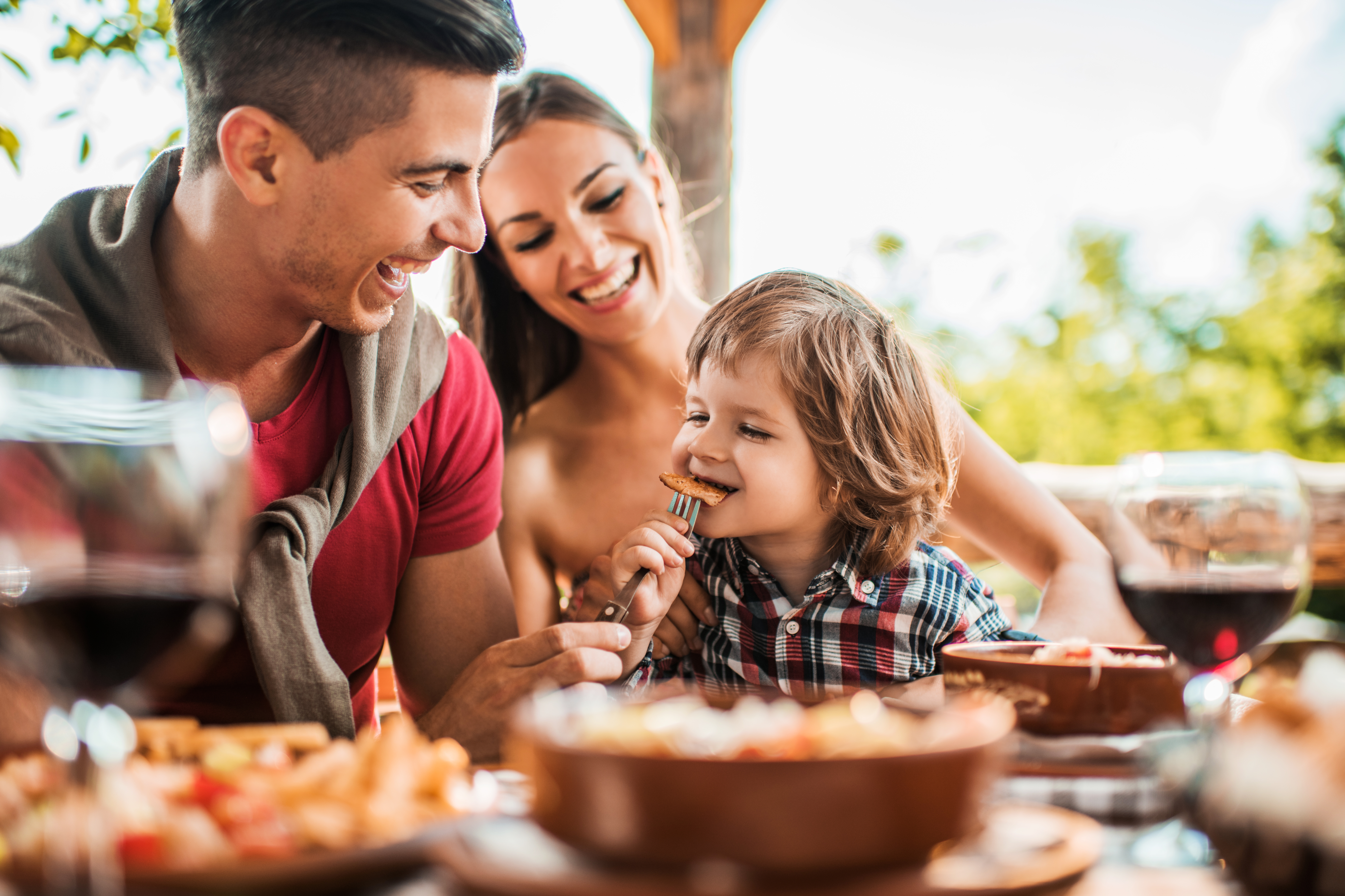
Following your passion and sharing it with customers can help you flourish. Carson Schiffkorn of the Yukon’s Inn on the Lake is a force of energy and has been instrumental in putting Yukon cuisine on the map. Laura and Rene Dubois of North Bay’s White Owl Bistro have made the restaurant a leader in the farm-to-table movement.
The Ontario Culinary Tourism Alliance defines “Culinary Tourism” as “any tourism experience in which one learns about, appreciates, and/or consumes food and drink that reflects the local, regional, or national cuisine, heritage, culture, tradition or culinary techniques.” Culinary tourism is happening in pockets all over the country, as restaurateurs and hospitality providers bring a passion for Canadian places together with food to create extraordinary tourism experiences.
Rebecca Mackenzie, president of Ontario Culinary Tourism Alliance, says it starts with these steps:
- Define your unique taste and place. “How does your restaurant reflect the terroir, land, lakes, or oceans in your region?” She asks. “It starts with the food, of course, but don’t forget about local wine, beer, and spirits.”
- Once you’ve done that, communicate what you stand for.
“People love a story. And if yours reflects your core values, they’ll believe in it too.”
- It does require an investment in energy. “It’s more work at the beginning because of the time involved in relationship building,” she says. “But the payoff is worth it.” And she dismisses the idea that local food is more expensive: “That’s a myth, especially once you’ve built your relationships.”
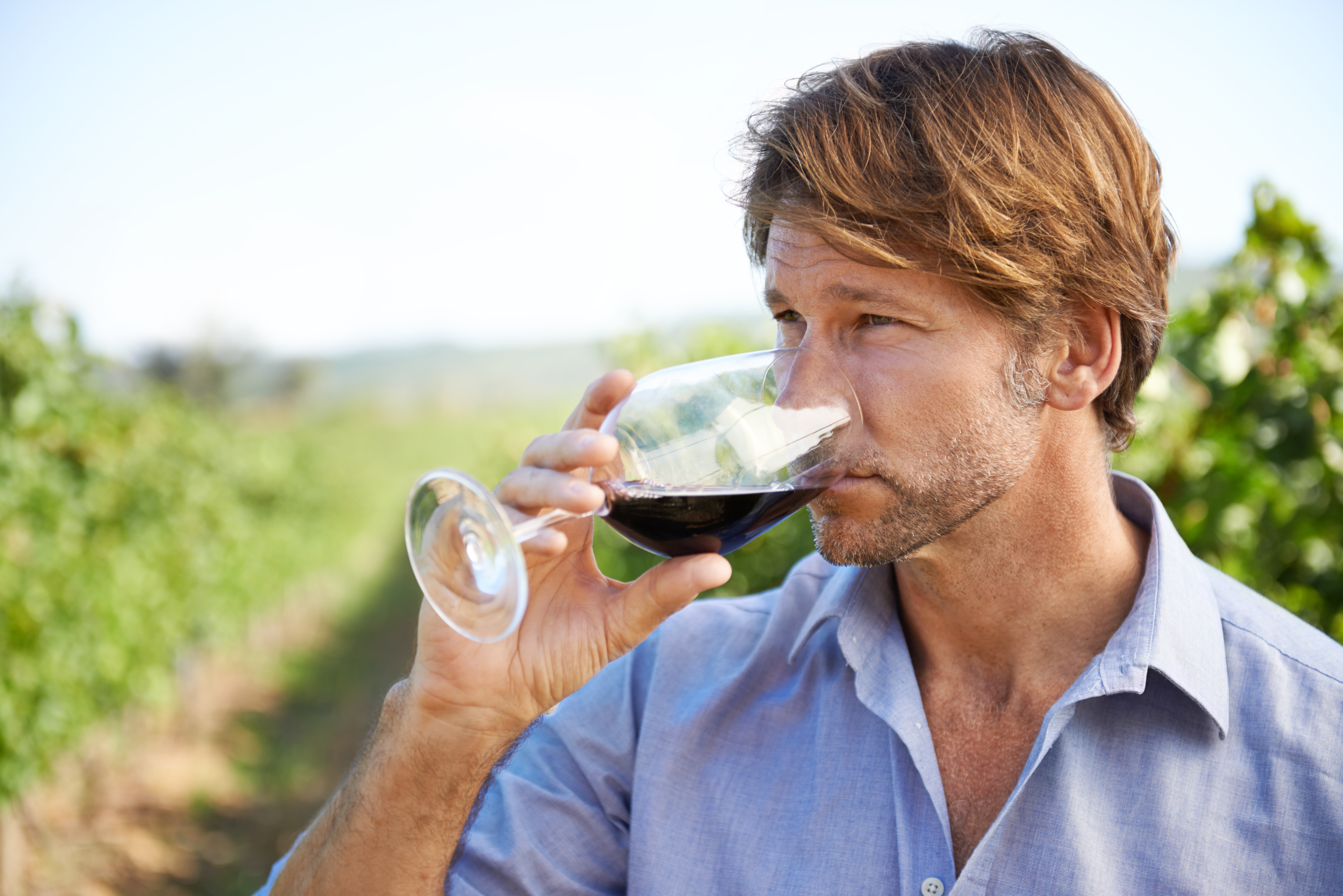
WHY CULINARY TOURISM MATTERS
With a multitude of culinary choices, making yourself stand out is key. “The advantage of food tourism is it differentiates you from the competition,” Mackenzie says. “It’s hard to stand out among the big brands, but this really works.”
Culinary tourists are valuable:
- The typical wine and culinary enthusiast is older and more affluent than the average Canadian tourist
- This age group is expected to grow the most over the next decade
- The average culinary tourist spends twice what the average generic tourist spends
- An American study showed that 44% of leisure travellers believe trying different and unusual cuisines is a very desirable attribute of a vacation
Carson Schiffkorn
Inn on the Lake
“Food will always have a story attached to it. Find the story.”
It’s easy to get caught up in Carson Schiffkorn’s enthusiasm about culinary tourism. He runs Yukon Whisky Weekends with Edible Canada and Air North, a trip that pairs whisky tastings with cuisine and adventure. He serves local and indigenous foods, often to customers who have never tried them before. The bonfires, dinner on the lake and dogsledding are all regional activities that add to the experience.
He’s also involved in the Yukon Culinary Festival. The first year, the festival flew in celebrity chefs, but now they focus on local chefs and cuisine. And that’s why they attract many out-of-town visitors. “Last year we found some old menus from the SS Klondike [a historical sternwheeler in Whitehorse] and recreated a meal for the festival,” he says. “We set up a tent overlooking the boat and served a couple of hundred people.”
Based on the SS Klondike experience, Parks Canada later booked him to serve an exclusive dinner, with all local and wild food. “Culinary tourism increases awareness of who we are, and opens a lot of doors.” And he’s always exploring new ideas. “Once you’ve done one program, it challenges you to think what else you could do.” He’s now involved in the first-ever “Across the Top of Canada” trip, with stops in Whitehorse, Yellowknife, Rankin Inlet and more, featuring local chefs and regional food along the way.
Laura and Rene Dubois
White Owl Bistro
“Farm-to-table and local food have gained momentum, making it easier for chefs and farmers to connect. Amazing!”
If you’re an independent restaurateur, it might seem daunting to explore culinary tourism on your own. But Laura and Rene Dubois of North Bay’s White Owl Bistro show it’s not just possible—it’s a way to thrive. They passionately believe in the farm-to-table movement and when they bought the bistro, they slowly began bringing local food onto the menu. Laura says, “We reached out to local farmers and found a young couple starting CSAs and raising cattle who were willing to work with us.” They continue to work with a wide range of farmers and producers; they’ve also moved to a farm, where they raise their own pigs, chickens, ducks and turkeys for their restaurant and their family.
Laura shares this story: “A guest ordered our turkey burger, and when our server returned to check on her, she said it was the best turkey burger she’d ever eaten. This gave our server the chance to explain that we raise and produce our own turkey and then told the story of our farm.” White Owl’s “taste of place” approach: real ingredients made to shine with a tangible story behind how they’re made and brought to the plate.
HOW TO GET STARTED
“Ask yourself—what’s your unique taste and place?”
Rebecca Mackenzie
President, Ontario Culinary Tourism Alliance
What’s your passion?
“Food tourists are interested in a story,” Mackenzie says. “Think about what you do and how you do it.” Schiffkorn adds, “I want to highlight what being Canadian is all about. But it’s also about concentrating on the regional.”
Research
For Laura and Rene Dubois, research was what set their passion in motion. Laura says, “We read many books, watched documentaries, and fell in love with the likes of Joel Salatin, Michael Stadtlander, Michael Pollan, Lynn Crawford, Jamie Kennedy and Alice Waters.” Once they were inspired, they knew what they wanted their restaurant to look like.
“Find your niche and research it,” Schiffkorn emphasizes. He doesn’t always know immediately what to do with an ingredient. For example, when he began foraging dandelions, he researched recipes on the Internet to see what he could do with them.
Find partners to work with. Look around for potential partners—local farmers, producers, wineries and orchards. Ask what ingredients are available and plan your menu around them. “Be aware of the growing calendar and when things are in season,” Laura says. “We freeze, can, process and use everything. The farmers’ market is a great focal point for doing business.”
Communicate your story
Mackenzie says once you know your story, communication is essential, whether by website, menu or chalkboard. “Share the stories of the growers, producers and farmers you support.” Laura and Rene do just that on their website, which makes the farmers part of the story.
Don’t forget to educate your staff. Laura’s anecdote about the turkey burger illustrates the importance of employees knowing your story and being able to talk about your core values.
(Sources: 1. Canadian Wine & Culinary Enthusiasts: A Special Analysis of the Travel Activities and Motivation Survey – prepared for the Canadian Tourism Commission, 2. publications.gc.ca, 3. Ibid, 4. Ryerson University/OCTA website, 5. YBP&R/Yankelovich/OCTA website: ontarioculinary.com)




